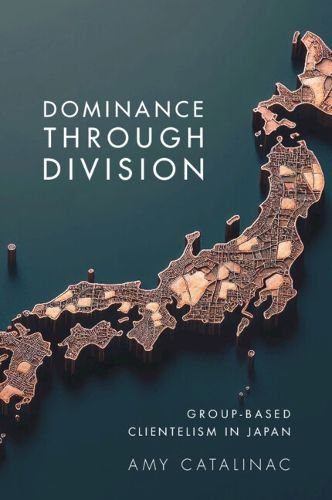Readings Newsletter
Become a Readings Member to make your shopping experience even easier.
Sign in or sign up for free!
You’re not far away from qualifying for FREE standard shipping within Australia
You’ve qualified for FREE standard shipping within Australia
The cart is loading…






The governance of Japan presents a puzzle: it is a democracy yet is dominated by a single party that wins almost all elections. Stanger still, the Liberal Democratic Party (LDP) and its policies are not particularly popular with voters. How has this situation arisen, and how is it sustained? Amy Catalinac argues that when politicians compete in electoral districts with discernible voter groups, they can make allocations of central government resources contingent on how those groups vote. Using a wealth of quantitative and qualitative data spanning 1980-2014, Catalinac shows that LDP politicians have been doing just that, leveraging their dominance to make groups compete for resources. Dominance Through Division sheds new light on why the LDP has remained in power for so long, why opposition parties are weak, and why policy preferences do not always align with vote choice. It also explains why Japan's 1994 electoral reform has had limited impact.
$9.00 standard shipping within Australia
FREE standard shipping within Australia for orders over $100.00
Express & International shipping calculated at checkout
The governance of Japan presents a puzzle: it is a democracy yet is dominated by a single party that wins almost all elections. Stanger still, the Liberal Democratic Party (LDP) and its policies are not particularly popular with voters. How has this situation arisen, and how is it sustained? Amy Catalinac argues that when politicians compete in electoral districts with discernible voter groups, they can make allocations of central government resources contingent on how those groups vote. Using a wealth of quantitative and qualitative data spanning 1980-2014, Catalinac shows that LDP politicians have been doing just that, leveraging their dominance to make groups compete for resources. Dominance Through Division sheds new light on why the LDP has remained in power for so long, why opposition parties are weak, and why policy preferences do not always align with vote choice. It also explains why Japan's 1994 electoral reform has had limited impact.